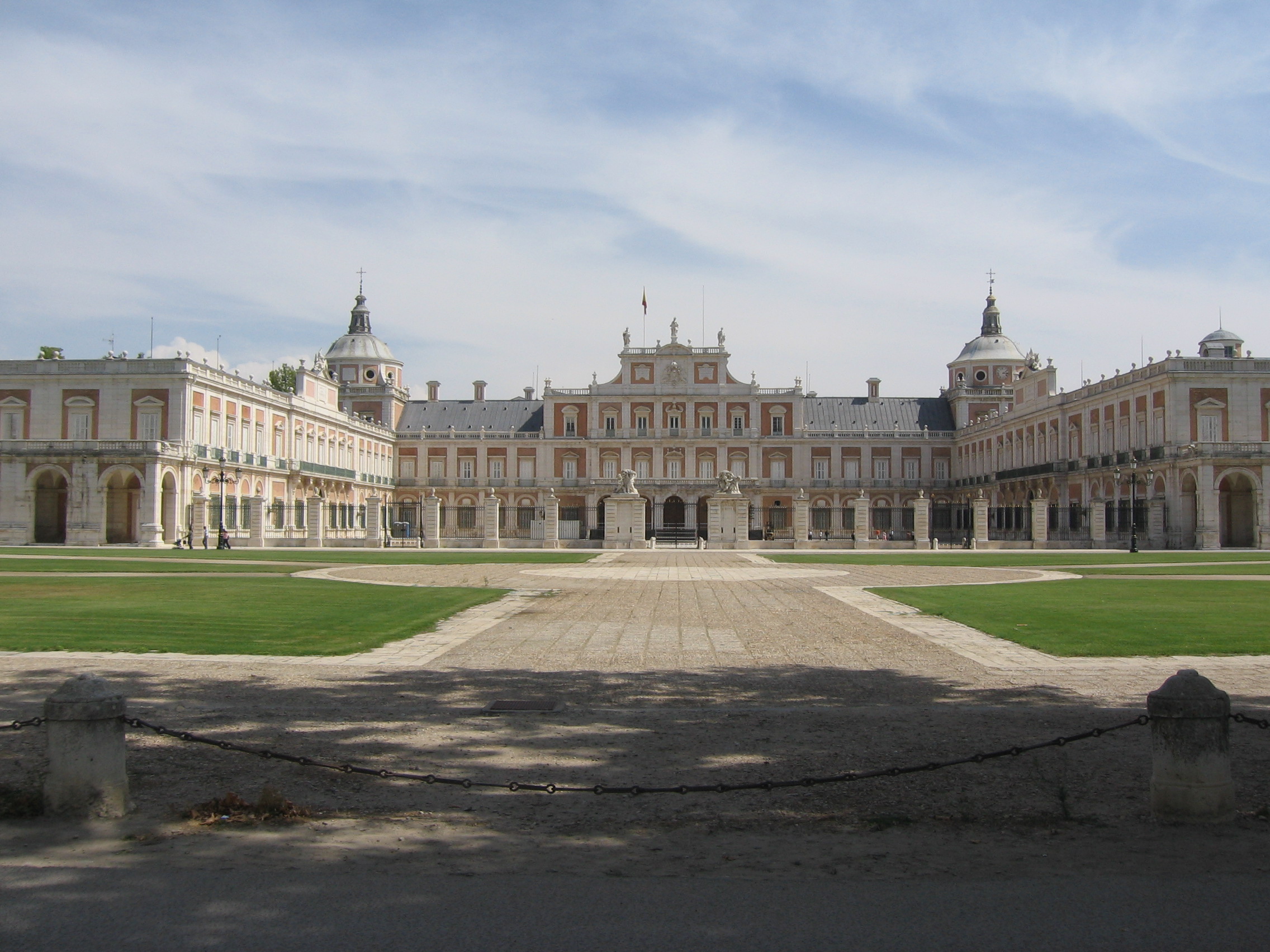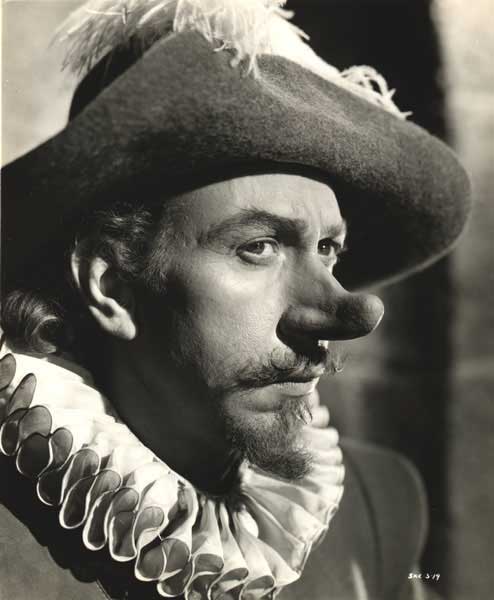Ah, 94 Seconds...easily my favorite app (with the only exception of Dots and the National Geographic Bee) and a true challenge. It's a very good game, but only if you know a lot of random stuff. If you don't...expect to get low scores and use up a lot of cheats along the way.
I've scored higher than 94 points three times in the past two weeks. It's hard, and really trying on fingers (I'm one of those slow typists) but somehow I managed it. So here are my techniques to help you get a really high score (and brag about it or something like that.)
Why am I doing this? Simply put: I'm tired of seeing all my mates trying to play and misspell words and type in random stuff just to get points. It doesn't work that way. Well, it could. But if you're reading this, chances are you want a high score. And I may as well help you. So here we go!
1.
Memorize 10 at a time.
I'm pretty good at memorizing stuff, it's how I know so much random trivia, but that's just me. Most people take a little bit longer. So I'm gonna give you this: a bunch of answers that can fit in, and memorize 10 at the time..
The list will expand, I'll be updating it as I find more answers (aka: stop being lazy)
Clothes: Anorak, Belt, Cap, Dhoti, Earmuffs, Furs, Necklace, Pyjamas, Robe...
Countries: Andorra, Brunei, Canada, Djibouti, Eritrea, France, Guyana, Haiti, Iceland, Japan, Kiribati, Lebanon, Malta, Nauru, Oman, Palau, Qatar, Russia, Singapore, Taiwan, Uruguay, Vietnam, Yemen, Zambia
Cities: Anchorage, Columbus, Detroit, Erie, Fort Lauderdale, Grand Rapids, Honolulu, Indianapolis, Los Angeles, Minneapolis, Nashville, Pittsburgh, Sacramento...
Vegetables: Artichoke, Beans, Carrots,
Trees: Apple, Cypress, Kauri, Lemon, Mahogany, Quince, Rosewood, Sycamore, Teak,
Instruments: Didgeridoo, Recorder, Washboard...
2.
Restart.
This one came around because I'm OCD, and if I make one mistake I have to start over. But this is pretty good practice. If you start with a REALLY hard question, and you haven't solved it by second 88, restart. It's taking way too much time and chances are you'll stumble rather quickly. Just restart. The most times I've restarted a game is eight times. It's a lot, but I got an 86 on that one (if memory serves correctly) so it may just be worth it.
3. Be OBSCURE.
I love this one. If me and a mate are playing, it'll usually go something like this:
Countries of the World (B)
Friend: Lessee...Brazil it is!
Me: No, put Brunei!
Friend: How the hell do you spell that?
Me: B-R-U-
Friend: Eh, Brazil's easier.
That's just wrong. Brunei can get you another point, and it's the same number of letters. Try Uruguay instead of United States, blueberry instead of banana, didgeridoo instead of drums, rosewood instead of redwood, etc.
4. Be concise and brief.
This is gonna sound hypocritical considering that in the examples above I'm giving you a bunch of long answers, all for the sake of one point, but sometimes answers can be pretty short. The game suggests Brussels Sprouts for B, but use Beans instead.
5. Play to your strengths.
If you're a Potterhead, for trees use wand materials. (Rosewood, ash, cypress, hawthorne)
If you're a geography nerd, use obscure countries (I just love bringing this category up, but I'm a diehard geography fan.)
If you're taking geometry, use some of those fancy terms you learn about for geometric shapes! (Oval, Ellipse, Kite...)
If you're a fashion person, might wanna look into some of the more exotic apparels like anorak, furs, dhoti, etc...but it'll work.
So, hope that helped, and if you're new to the blog and you like App gaming, I might put up more hacks and tips for some of my favorite App Store apps. Likewise, if you like random trivia about the randomest subjects ever, feel free to wander around the site and read some of my articles.
-Rob














